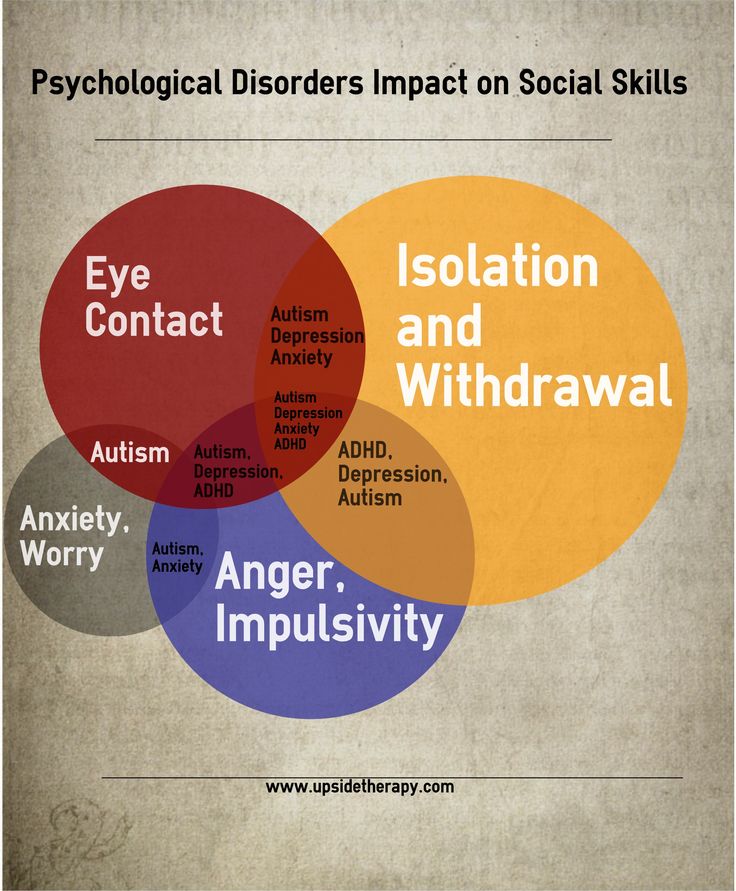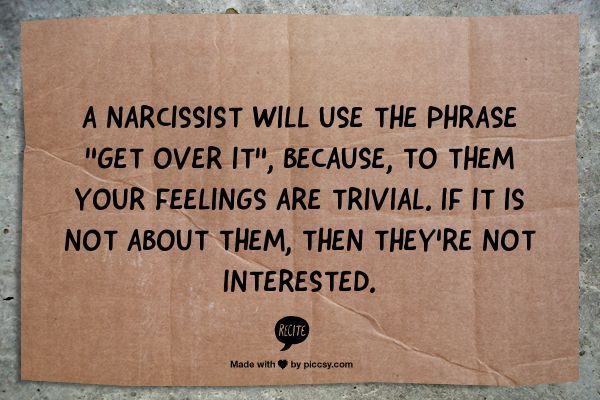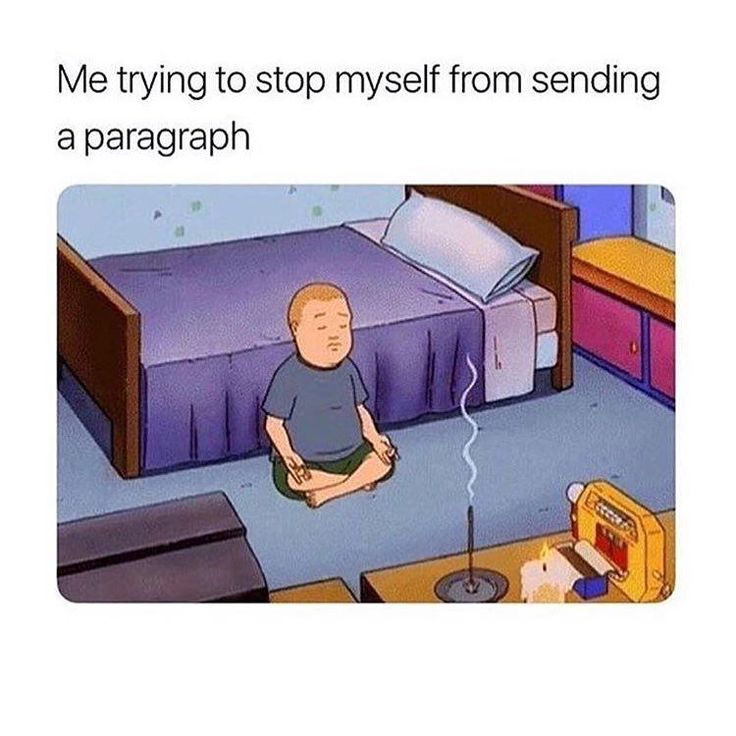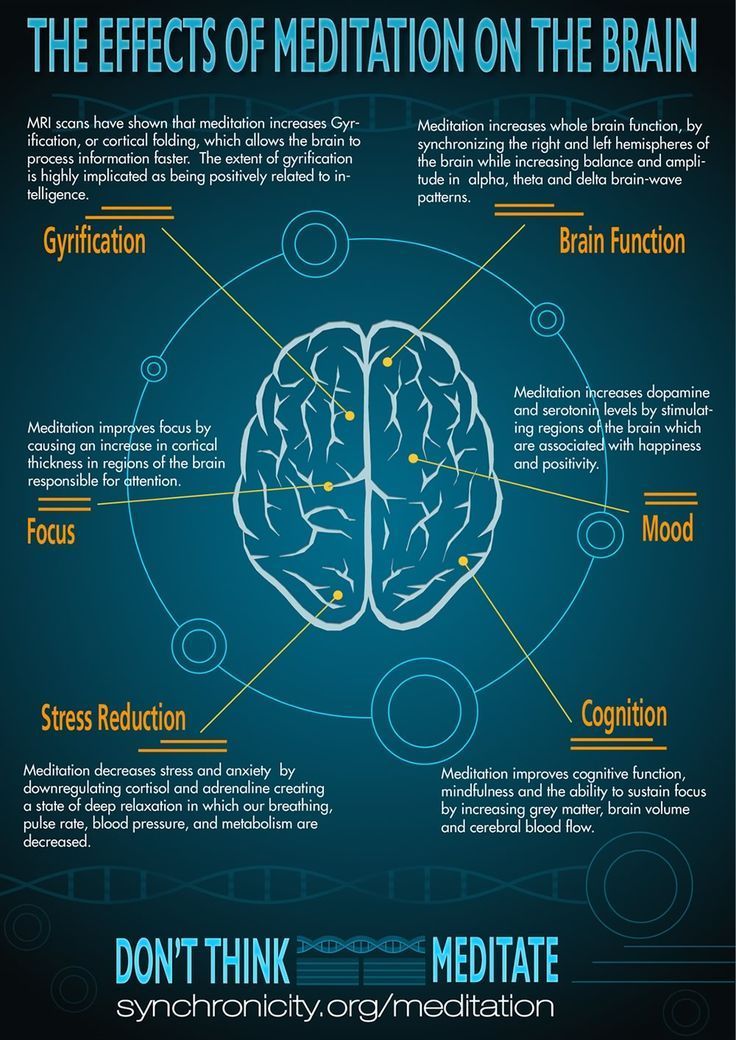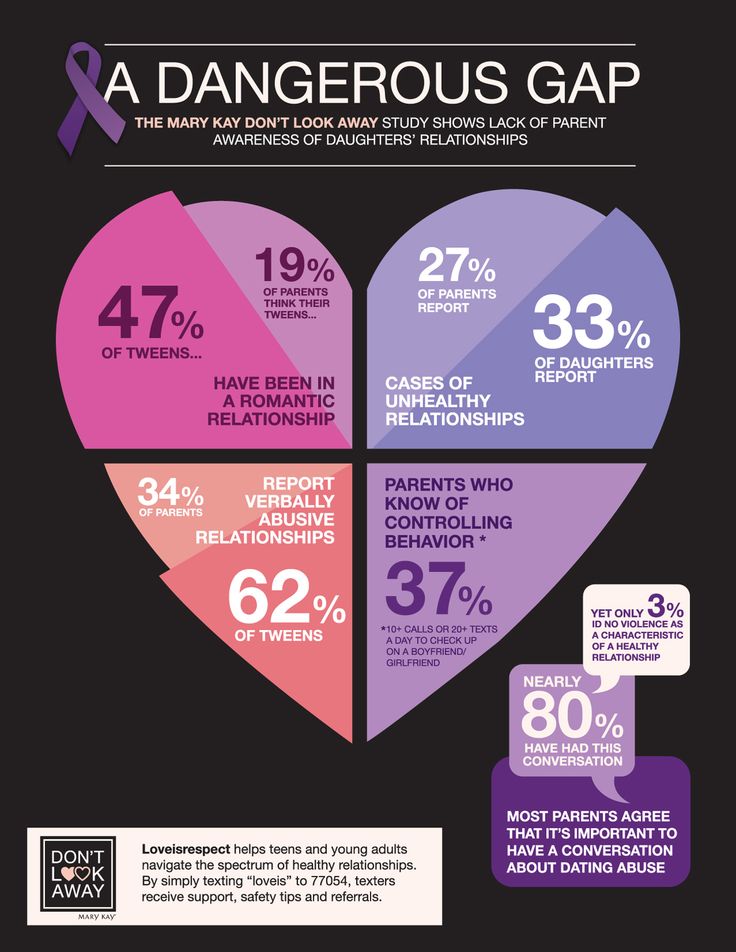Psychosis self test
Psychosis Test - Free Confidential Results Online
Take this mental health test. It’s quick, free, and you’ll get confidential results instantly. This site is provided to you by BetterHelp.
START TEST
Want to try another test? Click on any test below
Depression
Anxiety
Adult ADHD
Borderline Personality Disorder
Eating Disorder
Gambling Addiction
View more tests
View fewer tests
or
Speak with a therapist
search for a therapist in your area
recommended therapists
Licensed
Online Counseling
Accepts International Clients
Janell Stallworth
LMHC
- Janell can help you with: Relationship issues
- Family conflicts
- Parenting issues
- Self esteem
- Depression
- Stress
- Anxiety
- Trauma and abuse
- Grief
- Intimacy-related issues
- Anger management
- Career difficulties
- Bipolar disorder
- Coping with life changes
- Coaching
- ADHD
Online counseling through BetterHelp
Licensed
Online Counseling
Accepts International Clients
Michael Watts-Jimenez
Advanced, Diploma, in, Therapeutic, Counselling
- Michael can help you with: Stress
- Anxiety
- Trauma and abuse
- Parenting issues
- Self esteem
- Depression
- LGBT
- Relationship issues
- Family conflicts
- Grief
- Eating disorders
- Anger management
- Bipolar disorder
- Coping with life changes
- Compassion fatigue
- ADHD
Online counseling through BetterHelp
Licensed
Online Counseling
Accepts International Clients
Sharon Szalejko
BA, MSW, LCSW-C
- Sharon can help you with: Stress
- Anxiety
- Relationship issues
- Grief
- Parenting issues
- LGBT
- Family conflicts
- Trauma and abuse
- Intimacy-related issues
- Eating disorders
- Sleeping disorders
- Anger management
- Self esteem
- Career difficulties
- Bipolar disorder
- Depression
Online counseling through BetterHelp
Do you or a loved one have psychosis symptoms? Taking a psychosis quiz or psychosis test online may be the first step to getting the help you need to live a fulfilling life with psychosis symptoms. Although not everyday will be easy with psychosis, once you can take inventory of what is going on, and give yourself the space to heal and find support, there will likely be improvements. Again, the first step may be this online psychosis quiz.
Psychosis tests, although a great step to take, are not a replacement of a diagnosis from a medical professional. After taking this online psychosis quiz or any other psychosis tests, it is important to discuss the results with your doctor or therapist. The psychosis test will function like a psychosis inventory, looking for thoughts, actions, and emotions that align with the typical signs of psychosis.
Psychosis, and any psychosis symptoms, will vary from person to person. Mental illnesses are personal, thus so are the treatments. If, after this psychosis test, it is necessary for you to get help from a therapist or counselor, you and your counselor will work together to discuss the symptoms, causes, and treatment for your results of the psychosis quiz.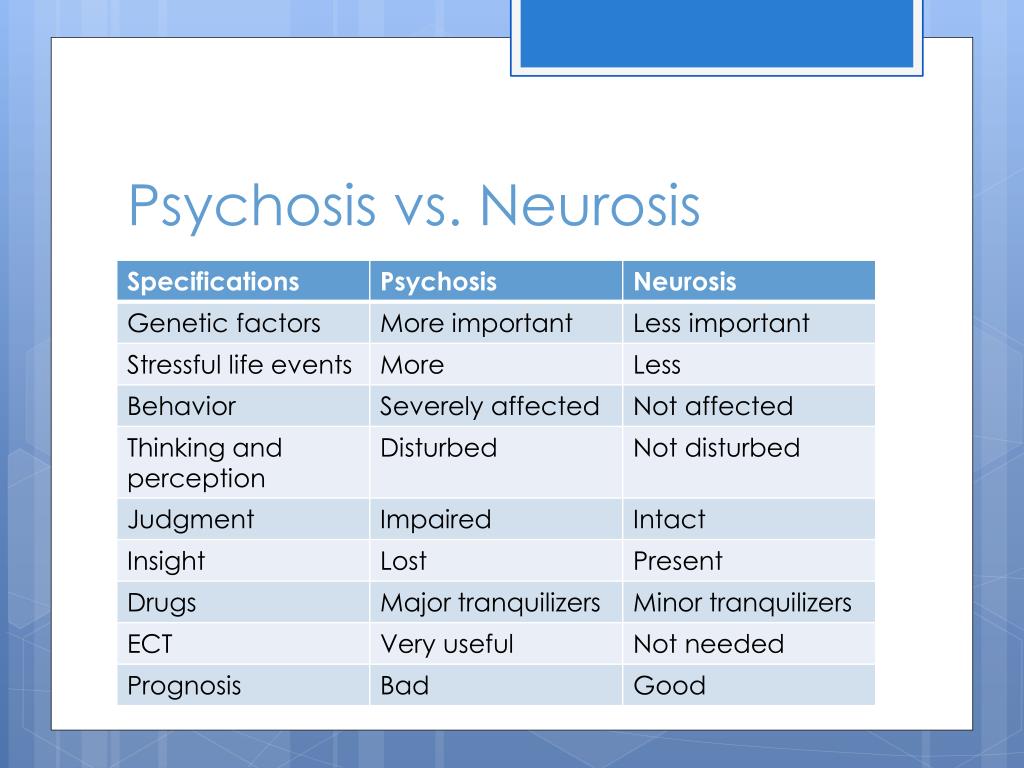
What is Psychosis?
Psychosis is a broad term referring to when a person has perceptions and experiences that don’t exist in reality. The experiences are typically sensory in nature and make it difficult for the person to differentiate between what’s happening in reality and what’s happening only in his or her own mind. Hallucinations or delusions experienced during a psychotic episode especially may prevent the affected individual from being able to recognize reality.
Experiences in psychosis may be seen or heard. Psychosis may also encompass beliefs that aren’t rooted in reality. Experiencing psychosis may be bewildering and induce feelings of extreme anxiety. Someone experiencing psychosis can have episodes of extreme emotion and unintentionally hurt themselves or others, which is a significant risk.
Psychosis is generally seen as a symptom of other conditions, rather than a condition in and of itself. Conditions that may induce psychosis include:
- Post-Traumatic Stress Disorder (PTSD)
- Schizophrenia
- Bipolar Disorder
- Depression
Symptoms of Psychosis
Psychotic episodes generally consist of two main symptoms: hallucinations and delusions.
Hallucination
A hallucination is a visual or auditory sensation that isn’t real and occurs only in the affected individual’s mind. Hallucinations can also be bizarre sensations or feelings that don’t make sense in the context of reality. During a hallucination, things or people may be distorted or appear when they’re not actually there. An auditory hallucination during a psychotic episode often takes the form of voices that are only heard inside the individual’s mind.
Delusions
Delusions are thoughts or beliefs that may not be rooted in truth, go against the individual’s cultural norms, or are perceived as senseless to others. Delusions that occur during a psychotic episode may be confusing to both the affected individual and the people around them examples of delusions include:
- The belief that commonplace or inconsequential things, events, or objects have great significance, meaning, or power.
- The belief that extrinsic powers have control over your mind, body, and behaviors
- The belief that you have other-worldly powers or the powers of God
How is Psychosis Treated?
Psychosis treatment may involve mediations and/or psychotherapy. Treatment of psychosis also may vary depending on the type of psychosis that’s experienced. Psychosis may be most effectively treated early on (ideally during the very first episode).
Treatment of psychosis also may vary depending on the type of psychosis that’s experienced. Psychosis may be most effectively treated early on (ideally during the very first episode).
Medications
Antipsychotic drugs are one of the most common treatments for psychosis. These drugs can lessen the symptoms of psychotic episodes but aren’t effective in curing the problem or treating the conditions that may cause psychosis. Antipsychotic drugs are often used to ease symptoms in people who suffer from schizophrenia and related conditions.
Psychotherapy
Psychotherapy may be helpful in the treatment of conditions that cause psychosis (such as alcohol or drug abuse, PTSD, schizophrenia, and others) as well as the symptoms that accompany psychosis like social isolation, abnormal emotional states, etc. Cognitive behavioral therapy may be especially helpful in these circumstances. This therapy method can help reduce hallucinations and delusions by identifying thought patterns that may trigger psychotic episodes.
Reviews for this test
Overall
Seemed good to me. Same or similar to a test I took 20 years ago
MO·Fairhope, United States·June 2020 MO
Overall
nice test - easy to complete - helpful to get confirmation of what Im feeling - will show results to my therapist next week as i think shell be interested
AH·New York, United States·September 2019 AH
Overall
MD·Mumbai, India·July 2019 MD
Get the app
Mental health conditions, such as depression or anxiety, are real, common, and treatable. And recovery is possible.
- Track your results over time
- Send results to a friend, family member or therapist
- Find therapists in your area (US Zip codes only)
"Amazing!"
Heroine X App User
"Super helpful to track results over time"
Michael App User
Download on the App Store
Get it on Google Play
Psychosis Spectrum Test
The psychosis spectrum encompasses a range of psychotic symptoms, all pointing to the presence of disorders such as Delusional Disorder, Schizotypal Personality Disorder, Schizophrenia, and Schizoaffective Disorder.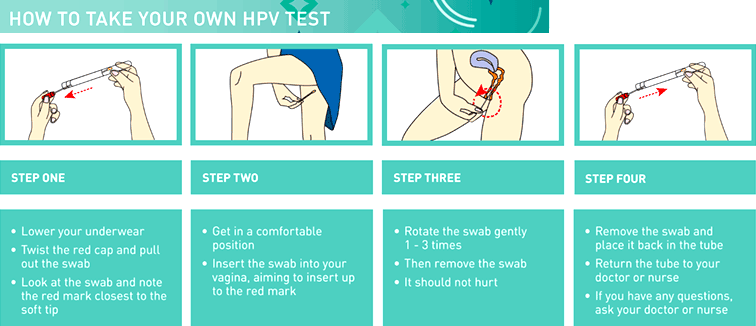 However, there is considerable variation in the type and severity of the symptoms.
However, there is considerable variation in the type and severity of the symptoms.
This test combines the insights of several prior efforts to research psychosis spectrum symptoms to bring you a single, composite test measuring psychotic occurrences across 10 different domains.
Where do you fall on the psychosis spectrum? For each of the following questions, indicate your level of agreement below.
The IDRlabs Psychosis Spectrum Test (IDR-PST) was developed by IDRlabs. The IDR-PST is based on the work of Dr. Susan Rossell and her colleagues, who created the Questionnaire for Psychotic Experiences (QPE). The IDR-PST is not associated with any specific researchers in the field of psychopathology or any affiliated research institutions.
The IDRlabs Psychosis Spectrum Test was informed by the QPE’s criteria for psychosis as published in Rossell, S.L., Schutte, M., Toh, W., Thomas, N., Strauss, C., Linszen, M., Dellen, E., Heringa, S., Teunisse, R., Slotema, C.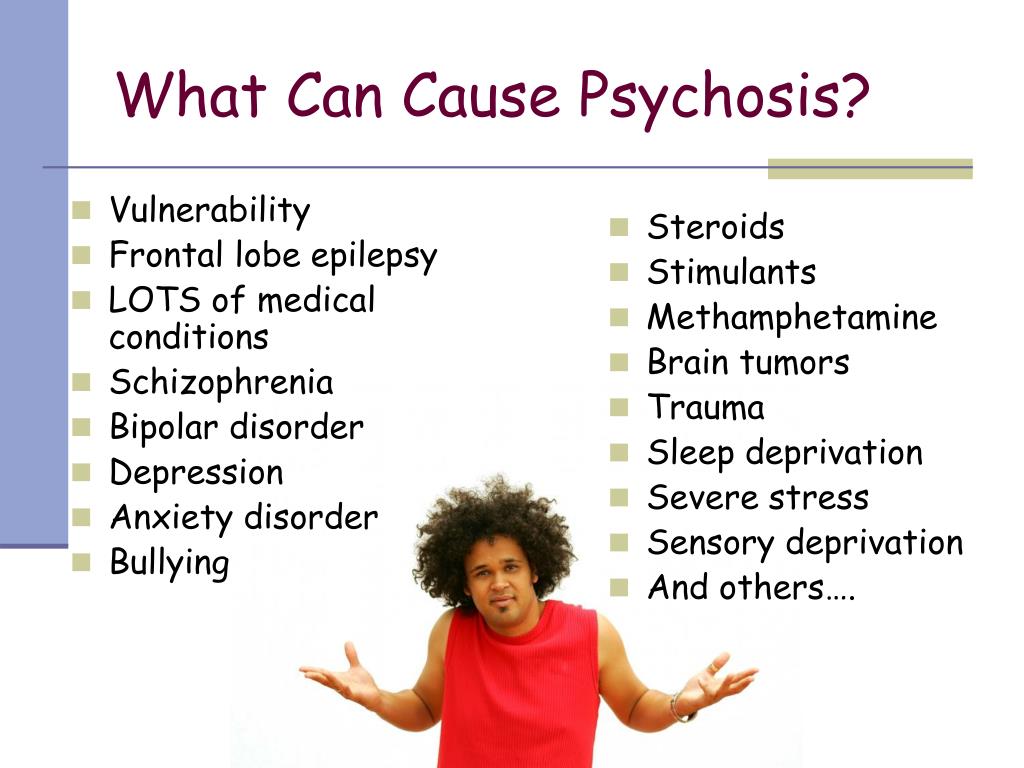 , & Sommer, I. (2019). The questionnaire for psychotic experiences: An examination of the validity and reliability. Schizophrenia Bulletin, 45 (1), pp.78-87; Schutte, M., et al. (2020). Hallucinations and other psychotic experiences across diagnoses: A comparison of phenomenological features. Psychiatry Research, 292; Begemann, M., Linszen, M., de Boer, J., Hovenga, W., Gangadin, S., Schutte, M., & Sommer, I. (2019). Atopy increases risk of psychotic experiences. Frontiers in Psychiatry.
, & Sommer, I. (2019). The questionnaire for psychotic experiences: An examination of the validity and reliability. Schizophrenia Bulletin, 45 (1), pp.78-87; Schutte, M., et al. (2020). Hallucinations and other psychotic experiences across diagnoses: A comparison of phenomenological features. Psychiatry Research, 292; Begemann, M., Linszen, M., de Boer, J., Hovenga, W., Gangadin, S., Schutte, M., & Sommer, I. (2019). Atopy increases risk of psychotic experiences. Frontiers in Psychiatry.
The work of Dr. Rossell and her colleagues has also informed some of the diagnostic criteria in the form of the widely used psychological instrument, the QPE, for clinical use especially by qualified mental health professionals. The present test is intended for educational purposes only. IDRlabs and the present IDRlabs Psychosis Spectrum Test are independent of the above researchers, organizations, or their affiliated institutions.
The Psychosis Spectrum Test is based on a famous and well-regarded inventory for the assessment of the clinical concept of schizophrenia spectrum and other psychotic disorders.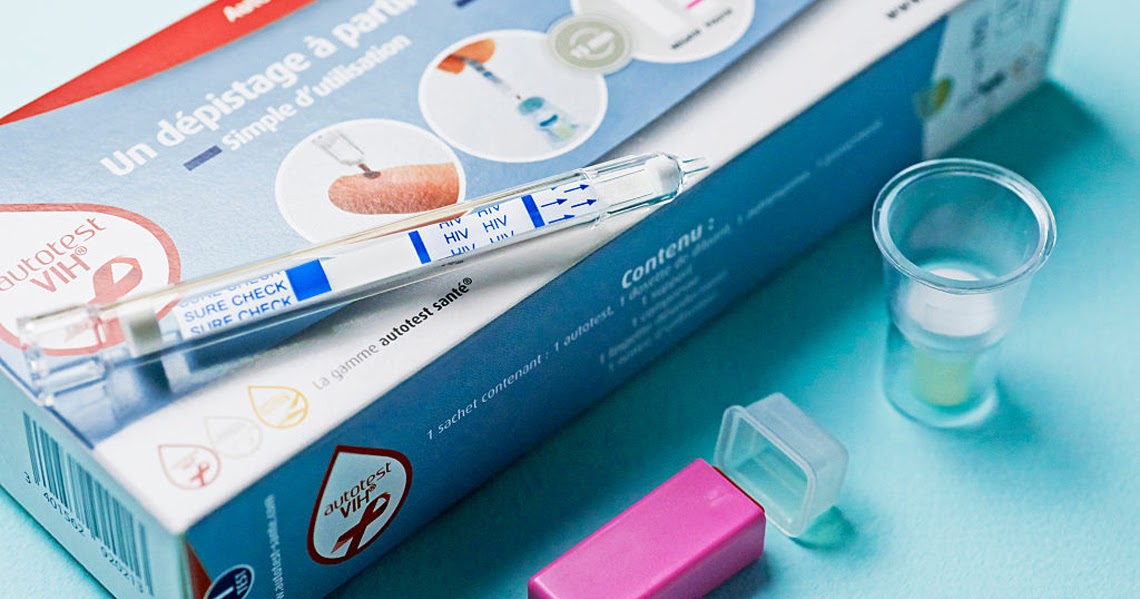 However, free online tests and quizzes such as this one are solely first takes and cannot provide accurate assessments of your potential condition. Hence, the test is intended to be used for educational purposes only. A definitive mental health assessment can be made only by a qualified mental health professional.
However, free online tests and quizzes such as this one are solely first takes and cannot provide accurate assessments of your potential condition. Hence, the test is intended to be used for educational purposes only. A definitive mental health assessment can be made only by a qualified mental health professional.
As the publishers of this free online psychosis spectrum test, which allows you to screen yourself for the signs and symptoms of this condition, we have strived to make the test as reliable and valid as possible by subjecting it to statistical controls and validation. However, free online quizzes such as the present psychosis spectrum test do not provide professional assessments or recommendations of any kind; the test is provided entirely “as-is.” For more information about any of our online tests and quizzes, please consult our Terms of Service.
Test for mental disorders
The human psyche is so amazing that it is hardly possible to say something irrefutable, the only correct one about it.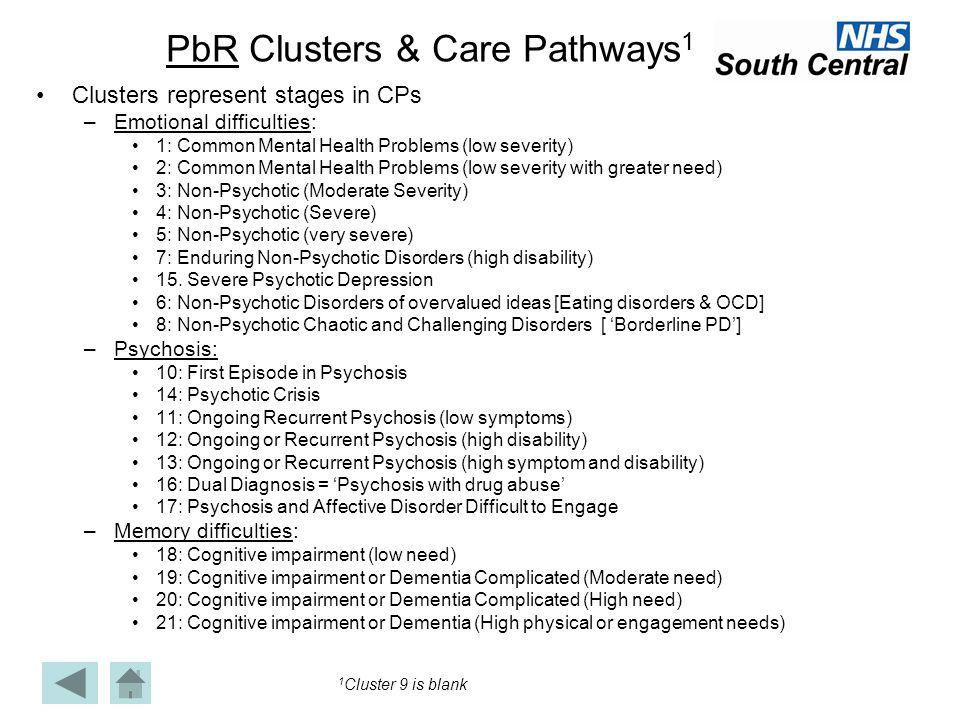 This gives rise to many theories and diagnoses. And given the crazy pace of modern life, it is not surprising that the number of people with neurosis or psychosis has increased significantly. This test for mental disorders will help recognize signs of abnormalities or a predisposition to them, if any.
This gives rise to many theories and diagnoses. And given the crazy pace of modern life, it is not surprising that the number of people with neurosis or psychosis has increased significantly. This test for mental disorders will help recognize signs of abnormalities or a predisposition to them, if any.
1. Have you ever been diagnosed with any of the following by psychotherapists/psychiatrists?
Depression (any type).
Bipolar disorder (BAD).
Schizophrenia or its varieties.
Obsessive Compulsive Disorder (OCD).
None of the above.
2. How often do you have insomnia?
Often. Although there is no objective reason for this, I just lose sleep. This state lasts for weeks, and even months with short breaks.
Sometimes I can not sleep at all for several days in a row because I am bursting with inner energy. On those days, I feel like I don't need sleep at all.
No/mild insomnia, but it is often difficult to know when sleep ended and wakefulness began or vice versa.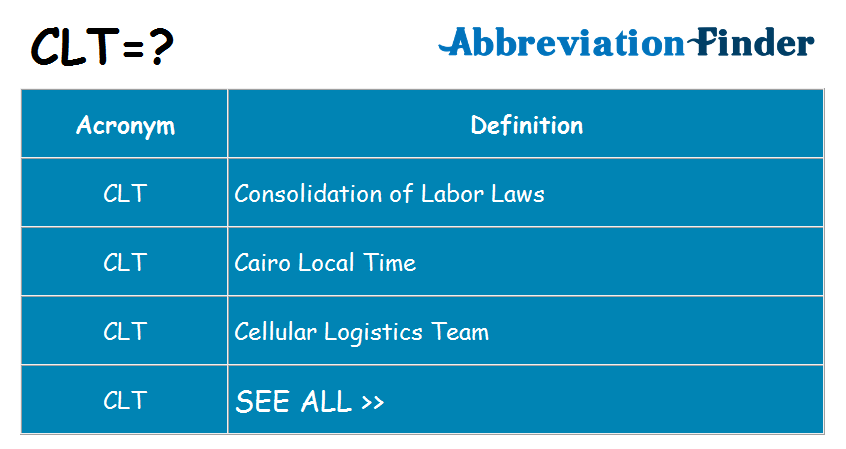
I very often cannot fall asleep under the influence of disturbing, terrifying thoughts for which there are no objective reasons.
In general, I have a normal sleep, and if insomnia occurs, then it happens not so often and always has a reason (stress, disturbed sleep schedule, acclimatization, etc.).
3. Are there things, people, or activities that can quickly and permanently distract you from anxiety, bad mood, or even completely calm you down?
No, lately nothing makes me happy, and I lose interest in everything that made me happy before.
I have protracted states when nothing can improve my mood. And then I enter another “mode”, and it becomes difficult for me to concentrate, there is chaos in my head, I take on everything at once.
Yes, but most often my mood changes when I suddenly start hearing voices or seeing signs that speak of my exclusivity. Then I feel like a chosen person.
Yes, these are short but systematic activities that I need to do all the time when I'm worried about something.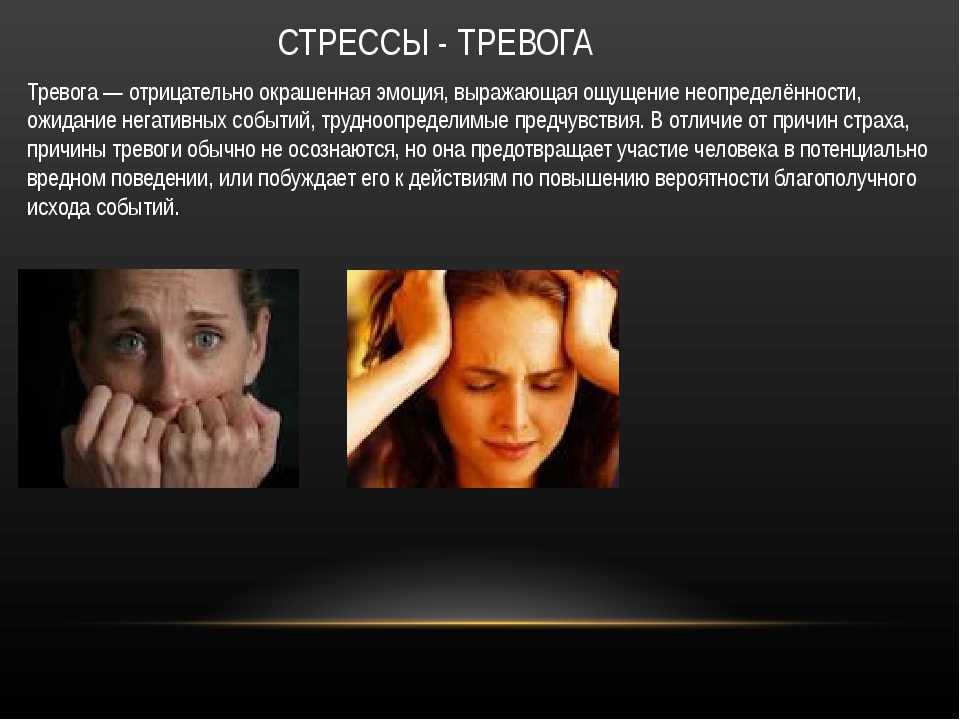 I understand that I cannot refuse to perform these tasks, I am obliged to do them.
I understand that I cannot refuse to perform these tasks, I am obliged to do them.
Yes. As a rule, this is the support of loved ones, favorite hobbies, memorable or just pleasant things (graduation photo album, delicious food, good music, etc.).
4. Do you have a strong long-term desire to avoid contact with anyone, even with those closest to you?
Yes, I don't want to see anyone at all, and this goes on for weeks.
Sometimes this feeling happens, but then everything changes dramatically, and I become an oversociable and very active person.
I sometimes want to isolate myself from other people. And if I do, then I feel strange, as if everything around me is unreal. Unusual images, visions may appear.
This desire arises when I want to punish myself or when I think that association with people can put my life in serious danger.
I may have a desire to be alone with myself, but it does not last more than a couple of days.
5.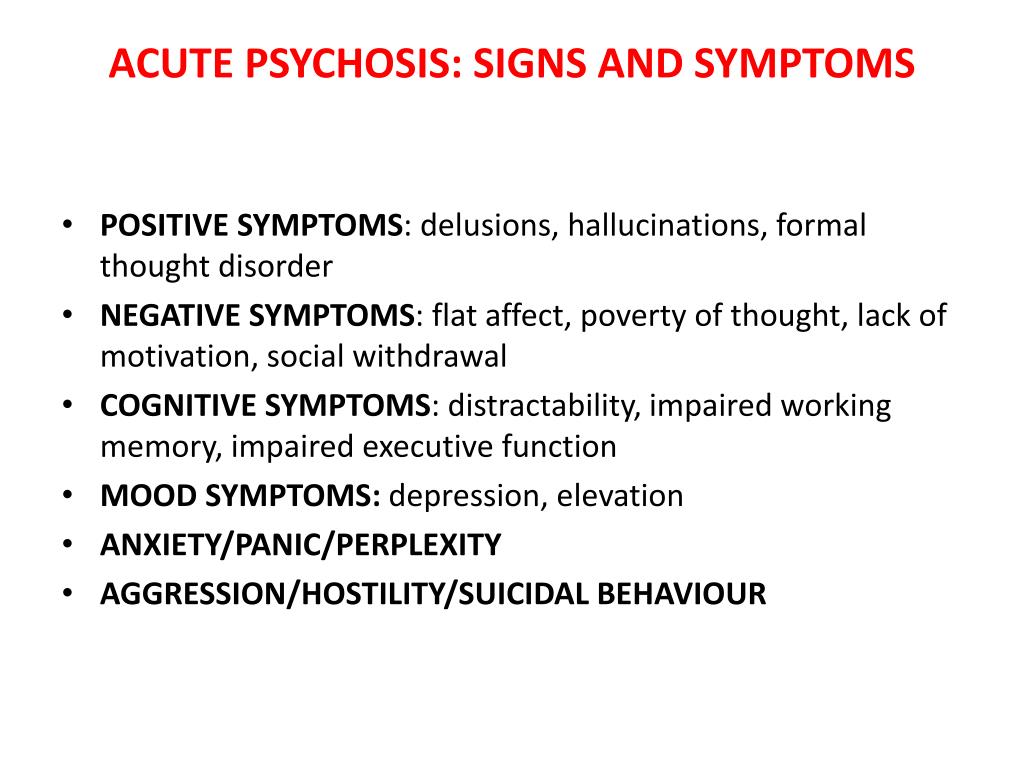 Do people around you think that your actions or words are very strange and definitely not normal?
Do people around you think that your actions or words are very strange and definitely not normal?
Yes, they think that my apathy and depressed mood are inadequate reactions.
Yes, sometimes they say that I behave like a real psycho-maniac, although they sometimes say that I have a terrible depression that requires the intervention of a doctor.
Sometimes they literally do not understand my language, they ask me to repeat words or whole sentences, they say that there is absolutely no logic in my reasoning and that this is a sign of deviation.
Yes, they do not understand the reasons for my actions at all and consider me paranoid with unhealthy perfectionism.
Not at all. Sometimes I have misunderstandings with others, but there is nothing critical in them.
6. Can you give clear logical explanations for most of your actions?
I can't see enough valid reasons to explain my depressed mental state and emaciated physical state.
I don't know how to explain why I can be depressed for half a year and then become a very energetic person for the next weeks or months.
I can understand the reasons for my actions (although not always), but they are not always logical, and I feel that others around me cease to understand me.
Some of my actions defy logic at all, but I know that I simply have to do them, otherwise something bad will happen.
In general, yes. I can explain most of my actions from a logical point of view.
7. Choose the statement that best suits you.
My affairs, appearance, health, social status are often completely indifferent to me.
I had periods when I obsessively followed other people, believed that there was a conspiracy around me, or suddenly began to search for life-threatening, extreme sensations.
Sometimes I have hallucinations or delusions. Sometimes it is very difficult for me to distinguish the real from the fictional. I do not always distinguish between dream and reality.
I have these “rituals” that I must follow, even if I may be late for work, a flight, or miss an important meeting. This is something like shifting small objects one at a time, meaningless actions, accurately counting objects, etc.
This is something like shifting small objects one at a time, meaningless actions, accurately counting objects, etc.
None of the above, or symptoms are subtle.
8. Is there anything that you fear so much that it really poisons your life and prevents you from enjoying it?
Yes, it is a fear for my future or the future of my loved ones, an increased fear of death.
Sometimes I am very worried about the future, and sometimes I am afraid of conspiracies against myself, persecution. There are also moments when I realize that I am not afraid of anything at all.
Sometimes I'm afraid of what's going on in my head. Sometimes I'm scared because I feel like I'm seeing, feeling, or hearing something that doesn't exist or that no one else notices.
I am constantly anxious, I often have frightening or nervous thoughts in my thoughts that are very difficult for me to get rid of. Often they are groundless.
I have a few fears, like all people, but in general they do not interfere with my life.
9. How often do your thoughts become negative, pessimistic, or anxious, and you feel overwhelmed?
Often, and such states last for weeks, I cannot do my usual business, I lose interest in old hobbies.
Often and for a long time, and then something suddenly “switches” in me, and I become noticeably more active, more cheerful, I can do in a week what I could not do for months.
Sometimes, while concentrating, remembering something, and thinking in general, it becomes difficult. Sometimes I see strange things.
Systematically. I can't get my mind off these thoughts. At such moments, I begin to perform repetitive actions that calm me down.
Everything, like everyone else. Sometimes I have negative thoughts, but they have specific reasons.
10. Have you ever thought about intentionally hurting yourself physically?
Yes, I have a desire to mutilate myself or commit suicide.
Such a desire periodically appears, and it lasts for a long time, but then abruptly disappears.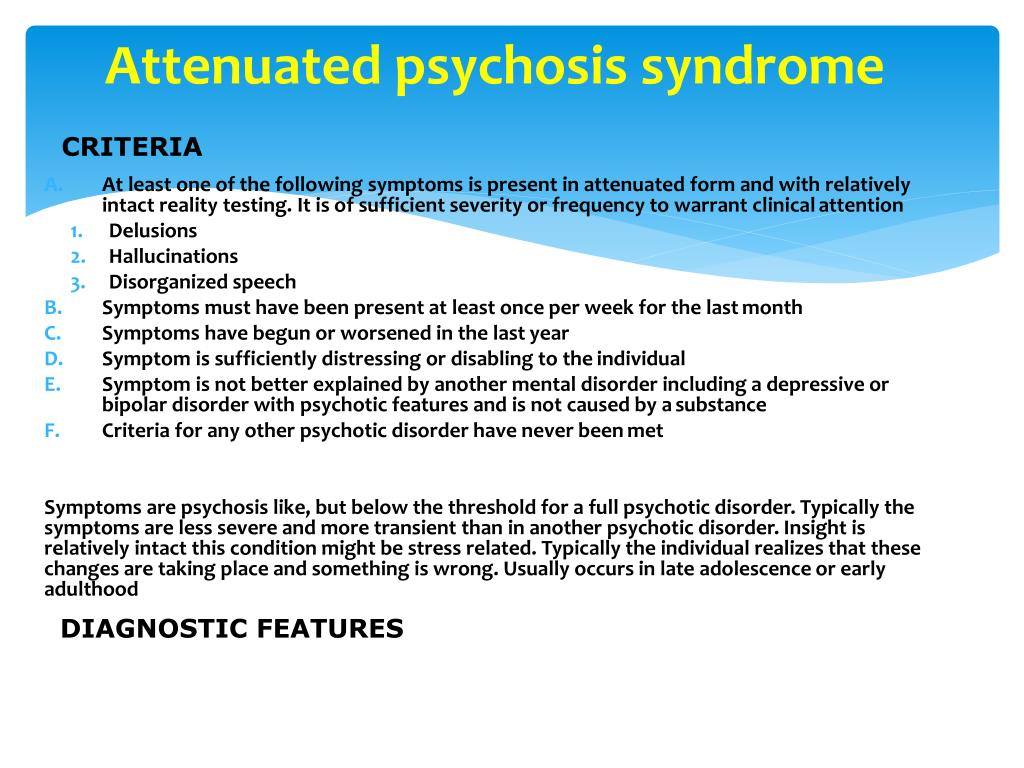
Sometimes I hear voices or other people's thoughts telling me to do something bad to myself.
Under the influence of anxiety, fear, panic, I sometimes cause physical harm to myself without noticing it at first (I scratch the skin until it bleeds, hit, pinch myself). Or I have an obsessive fear of death, infection, injury.
No, I have no such thoughts or intentional desire to harm myself.
Bipolar Affective Disorder Test
This test is recommended for people who experience regular episodes of unexplained mood changes, both positive and negative, in their lives.
Bipolar affective disorder (abbr. BAD , formerly manic-depressive psychosis or MDP) is a mental illness that manifests itself in the form of alternating mood background: from excellent / super excellent (hypomania / mania phase) to reduced (depressive phase). The duration and frequency of phase alternation can vary from daily fluctuations to fluctuations throughout the year.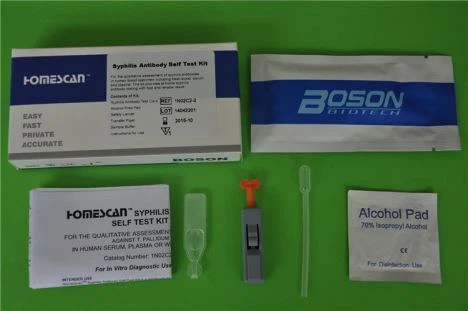
This test is a Russian-language version for detecting hypomanic states, the original name is HCL-32 (Hypomania Checklist) .
Commonly used to detect bipolar II type among patients with a current diagnosis of RDD (recurrent depressive disorder).
I remind you: this disease is clearly related to pathology, only a psychiatrist or psychotherapist can deal with diagnosis and treatment.
Instructions for filling
Try to recall a period of "elevated" state, which was not caused by drugs or alcohol and lasted more than two days (4-6 consecutive days). How did you feel then?
Please respond to questions about how you felt while on the rise no matter how you feel today.
Raised:
| 1. Sleep less. Yes |
| 2. Yes |
| 3. More self-confident. Yes |
| 4. I get more pleasure from work. Yes |
| 5. Become more sociable (more often on the phone, more often in society). Yes |
| 6. I want to travel, and I do travel more. Yes |
| 7. My driving style is becoming more relaxed. Yes |
| 8. I spend more/too much money. Yes |
| 9. In everyday life, I take more risks (at work and / or other activities). Yes |
| 10. I am very physically active (sports, etc.). Yes |
| 11. I make more plans and projects. Yes |
| 12. Yes |
| 13. I am less shy and reserved. Yes |
| 14. I dress more flamboyantly and extravagantly/I wear more make-up. Yes |
| 15. I have an increasing need for communication or I really communicate with a large number of people. Yes |
| 16. I have an increased interest in sex and/or increased sexual desire. Yes |
| 17. I flirt more often and/or have more sexual activity. Yes |
| 18. I talk more. Yes |
| 19. I think faster. Yes |
| 20. In conversations, I often joke and pun. Yes |
| 21. I am more easily distracted. Yes |
| 22. Yes |
| 23. My thoughts jump from one topic to another. Yes |
| 24. I do everything faster and easier. Yes |
| 25. I am more impatient and/or irritated more quickly. Yes |
| 26. I can tire and annoy others. Yes |
| 27. I get into conflict situations more often. Yes |
| 28. I am in high spirits and more optimistic. Yes |
| 29. I drink more coffee. Yes |
| 30. I smoke more. Yes |
| 31. I drink more alcohol. Yes |
| 32. I take more medication. Yes |
- Overview of major mood disorders (article).
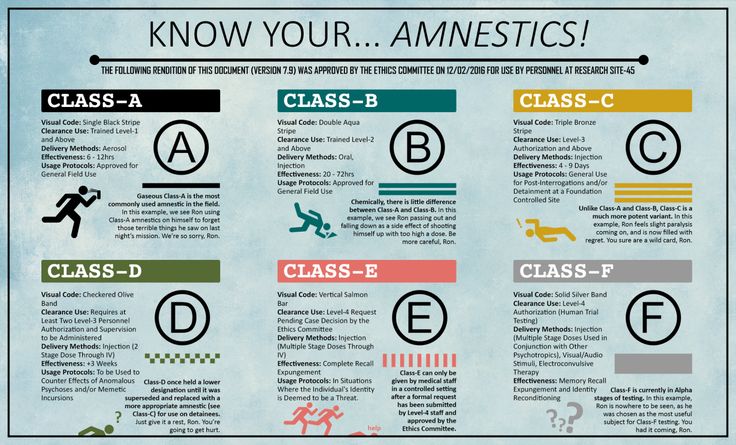
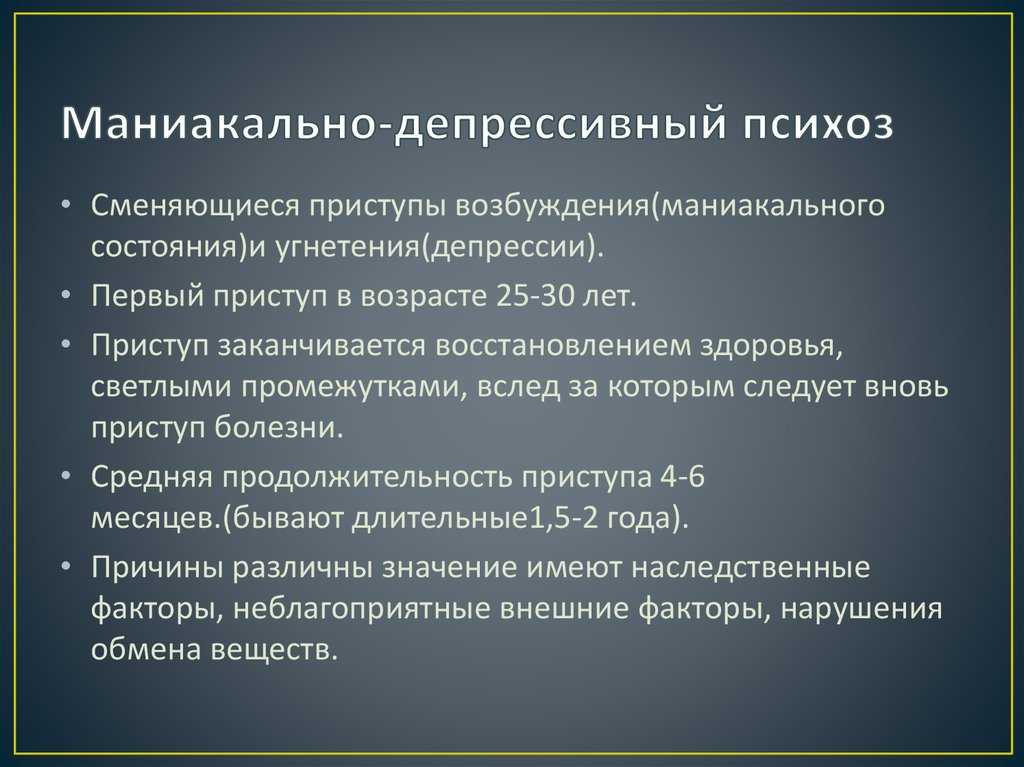 More energetic and active.
More energetic and active. 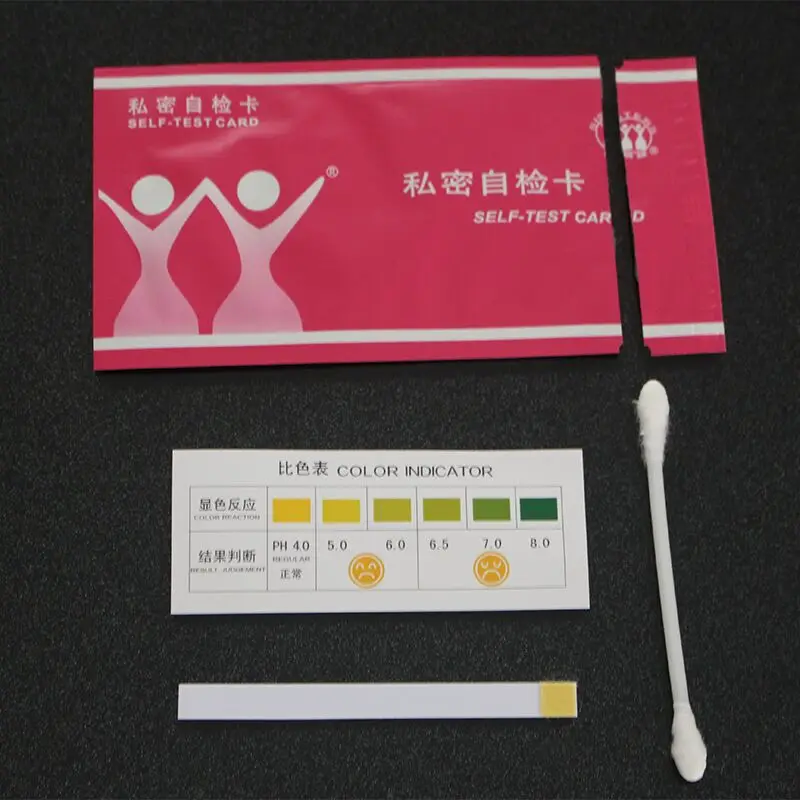 I have more creative ideas.
I have more creative ideas. 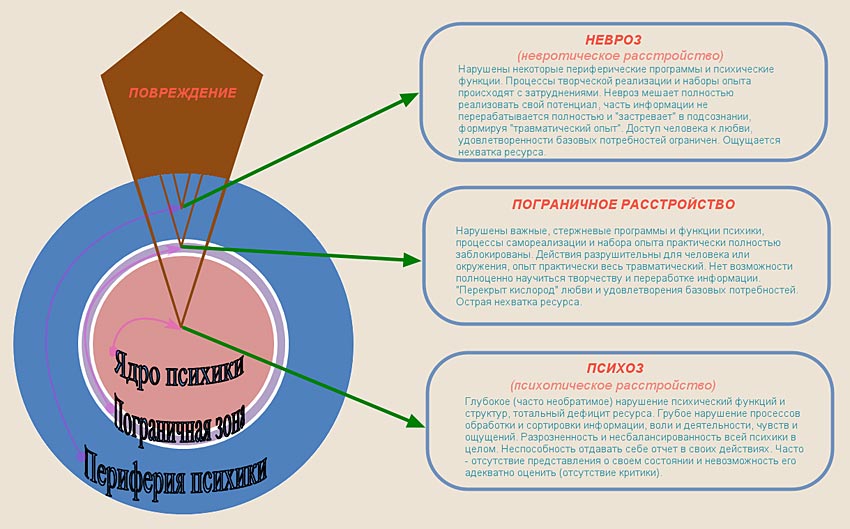 I find many new things to do.
I find many new things to do. 